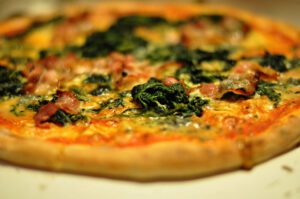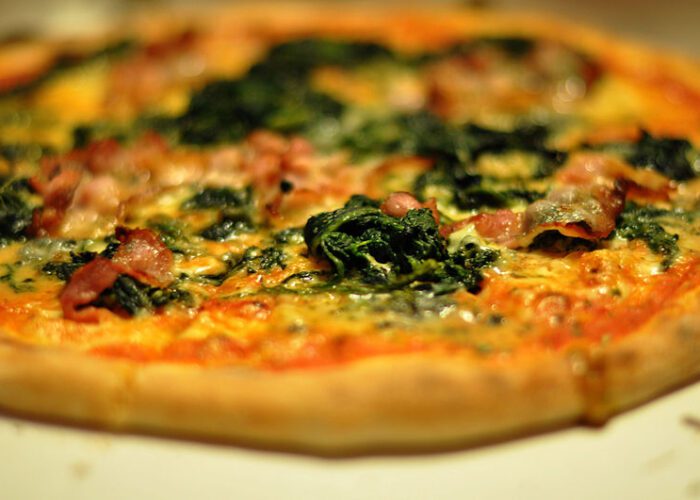
Britons are cutting the number of calories they purchase and spending less on nutrition, but they are replacing the shortfall with more fatty foods.
The recession has led to a fall of 8.5% of food spending, according to the Institute for Fiscal Studies.
Two studies were carried out by the institute showing that British families are purchasing soft drinks and snack foods, and are also eating out more.
The Children’s Food Trust said the growing popularity of “junk food” was a “huge worry”.
Another study has emerged claiming that 16% of households are buying less fresh fruit and vegetables because of price increases of up to 10% in the past year, with the figures coming from market research specialist Mintel. The company also said that only 24% of Britons were eating five portions of fruit and vegetables a day, the recommended daily amount.
The nation’s new “junk food” diet is showing obesity rates are continuing to rise.
Merseyside is tackling its growing obesity problem after opening two health clinics in Fazakerley and the Countess of Chester hospitals earlier this year.
The supercentres opened in January this year and unique to the UK, dealing exclusively with patients with a body mass index of over 40.
Professor David Kerrigan, who studied medicine in Liverpool and has been dubbed “Merseyside’s obesity tsar” says that the scale of the obesity challenge in Merseyside is “staggering”.
Liverpool student Beth Bourne studies Diagnostic Radiography and explained to JMU Journalism how she is taught how to use hoists and specialist equipment for overweight patients. She said: “It is very important to know the weight limits of your equipment like the x-ray tables and other equipment.”
Knowsley has the highest record of admittances to hospitals because of obesity than anywhere else in the North West.

